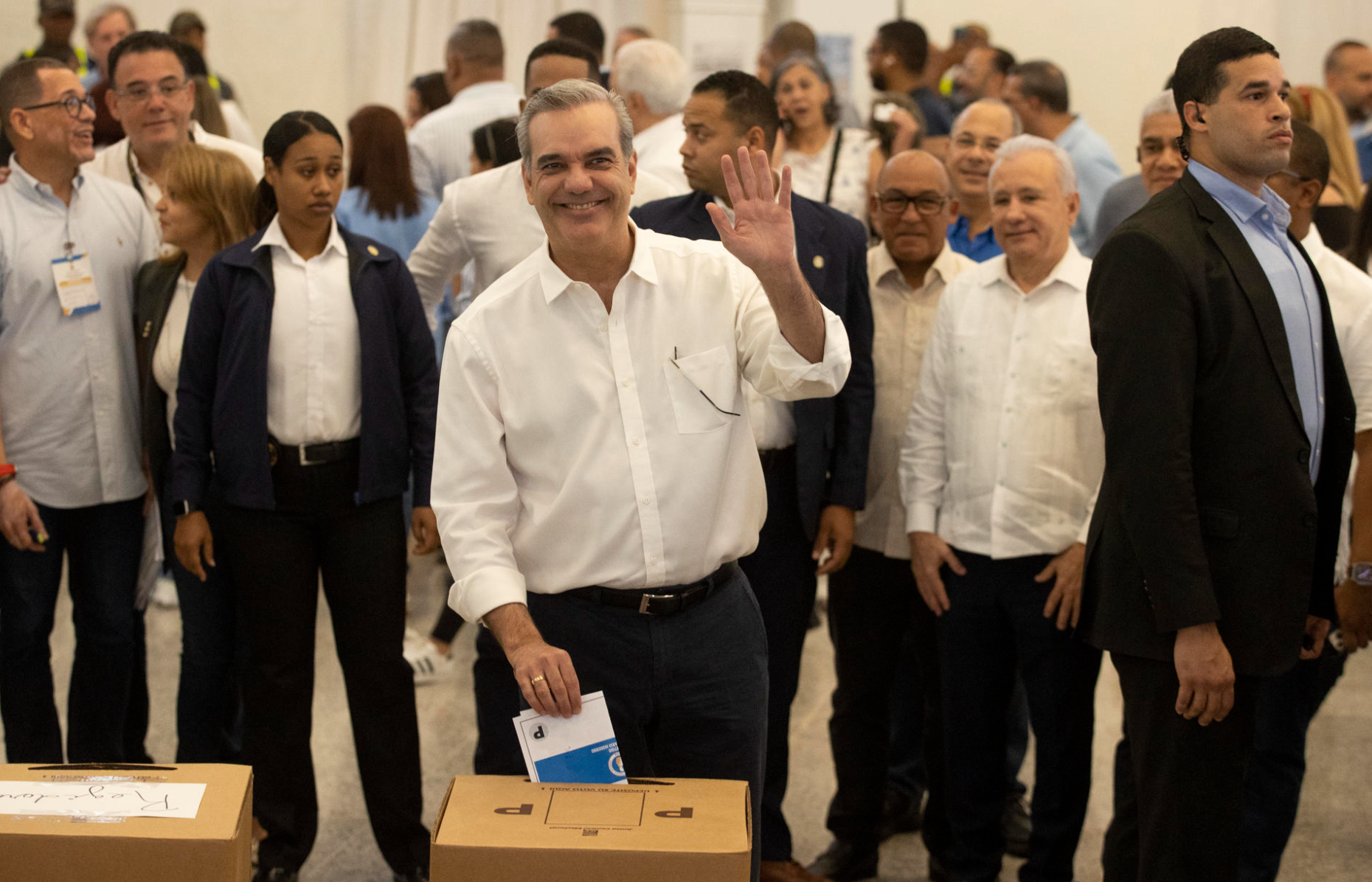The Dominican Republic will hold general elections in 2024, with municipal elections on February 18 and presidential and congressional elections on May 19. Considering the proximity of the referred processes, the Dominican political parties are implementing different methods for the selection of candidates as established in the electoral regulations, such as polls and delegates’ conventions. According to Article 141 of the Organic Law of Electoral Regime No. 20-23, “the nomination of candidates for elective offices proposed by the political organizations must be made by the affirmative vote of the majority of those attending the primary elections, conventions or internal selection mechanisms, which according to their by-laws are called for such purposes by the corresponding authorities in accordance with the law”.
In the specific case of the primaries, although it is true that initially three of the four major parties: Partido Revolucionario Moderno (PRM), Partido Fuerza del Pueblo (FP), and Partido de la Liberación Dominicana (PLD), expressed their intention to hold primary elections, later they all changed their minds and decided to use other methods of candidate selection. Such methods are the aforementioned surveys and conventions of delegates.
However, in the ruling PRM, the decision to use these procedures for the election of its internal authorities was rejected by some of its members. This was the case of Guido Gómez Mazara, also a presidential aspirant, who affirmed that this measure denied the party’s bases “the opportunity to decide”. Consequently, in the face of the internal debates generated, the President of the Republic and leader of that party, Luis Abinader, decided that primaries would be held, although only at two electoral levels: presidential and municipal, and only at the national level.
Thus, on October 1, 2023, the aforementioned primaries were held, which President Abinader won with more than 90% of the votes, thus reaffirming his leadership within the party and confirming his candidacy for reelection. Consequently, the President will face Leonel Fernández (FP), who was three times President of the Republic, and the current mayor of the province of Santiago de los Caballeros, Abel Martínez, of PLD. The latter governed for 16 consecutive years, between 2004 and 2020.
At this point, it should be recalled that the PF was born after the split of the PLD in 2019. This happened after irregularities were denounced in the primary process by former president Fernandez (then leader and president of the PLD), who decided to leave and form the FP. However, on 21 August this year, both organizations signed an agreement promoted by the president of the Partido Revolucionario Dominicano (PRD), Miguel Vargas Maldonado, called “Alianza Opositora Rescate RD“.
Initially, this PRD-FP-PLD alliance will unify 86 candidates for mayors and 150 candidates for municipal directors, which represents 60% of the municipal authorities throughout the national territory. At the presidential level, in principle, each party will present its candidate, but if none of them wins in the first round, the three organizations will support the candidate who qualifies for the second round.
Currently, the Dominican Republic is in the middle of a “polls war”, so the numbers presented are very disparate. But, most of the polls presented so far place President Abinader as the leader, with former President Fernandez in second place and Abel Martinez in third place. The scenario of a first-round victory for President Abinader appears in several polls, while others show a second-round scenario between Abinader and Fernandez.
During this stage and, considering the upcoming municipal elections of February 2024, the ruling PRM has been accused of “buying” mayors and councilors of the opposition. Formally, the PLD requested before the Attorney General’s Office (PGR), in March of this year, “to investigate the use of public funds by central and municipal government officials to buy mayors and other municipal officials of opposition parties”. Despite the seriousness of the accusations, so far, the PGR has not made any public pronouncement on the matter.
In any case, the electoral panorama for 2024 in the Dominican Republic is configured by the eventual reelection of the president. In fact, a tripartite party system (which has not occurred since the 1990s), and elections in which, given the failure of the automated vote in 2020 with the suspension of the municipal elections (first suspended elections in Dominican democratic history). There will be a return to manual voting and scrutiny but with a transmission of the results through the use of electronic equipment.
*Translated by Janaína Ruviaro da Silva from the original in Spanish.











